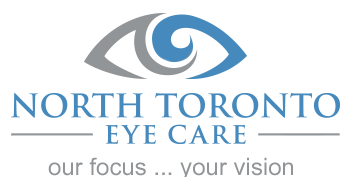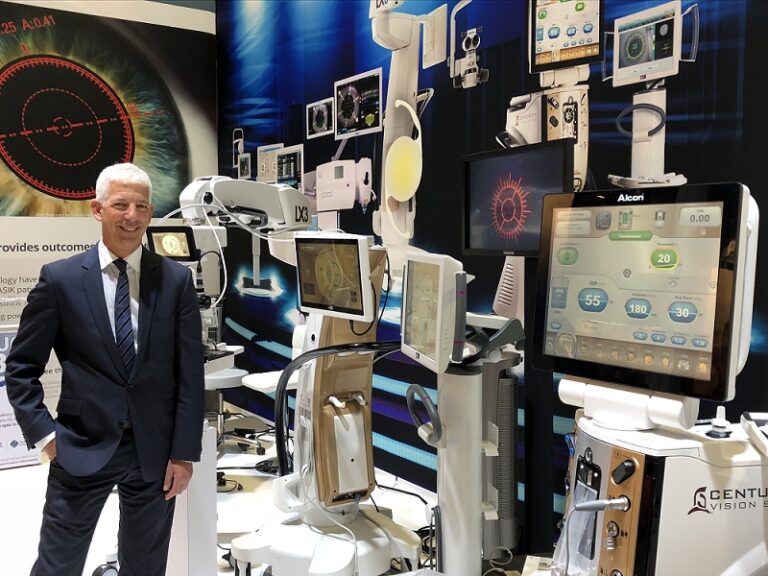LipiScan Now Available at North Toronto Eye!
North Toronto Eye Care continues to be at the forefront of technology by now offering LipiScan testing for our patients. The LipiScan tests the meibomian glands, the part of the eye most likely to cause dry eye, providing high-definition images to show blockages or irregularities. The LipiScan is quick, efficient, and provides highly accurate images…
Read MoreFacts About Diabetic Retinopathy
Those with diabetes know that this common disease can come with unanticipated side effects. One of these complications is diabetic retinopathy, a prevalent eye disease occuring in the diabetic community. Diabetic Retinopathy is manageable, and permanent vision loss can be prevented with early detection and treatment. The eye care specialists at North Toronto Eye Care…
Read MoreReflections from the 2018 ASCRS Conference
At this year’s annual meeting of the American Society of Cataract and Refractive Surgeons (ASCRS) held in Washington D.C. technology and clinical updates were the focus. Nailing refractive outcomes was a frequent theme as no longer is getting 75% accuracy within 20/20-20/40 post op results acceptable. With modern technology as we have at North Toronto…
Read MoreIOL Calculations: NTEC’s New Lenstar Technology
Dr. Theodore Rabinovitch On NTEC’s New Lenstar Technology: It’s important to remember that the bar regarding patient expectations about their vision after surgery is continually being raised. When I started doing surgery a three decades ago we were really happy if we achieved outcomes of 20/40-20/60 uncorrected. Now, patients can even be 20/20 and can be unhappy…
Read MoreStudies Look at Effects of Marijuana on Vision
Are marijuana’s effects on vision good or bad? Two new studies suggest there isn’t one easy answer, and neither one considers long-term impacts. Original article from American Academy of Ophthalmology Written By: Celia Vimont Reviewed By: Raj K Maturi MD Published: Feb. 28, 2017 One study of tadpoles suggests marijuana may enhance night vision, while a human…
Read MorePterygium Treatment Options
A pterygium (tuh-RIJ-ee-um) is a growth of fleshy tissue that forms on the sclera, or the white part of your eye. Pterygia are sometimes referred to as “surfer’s eye.” These bumps are non-cancerous, but can be very annoying to deal with and tend to cause discomfort or blurry vision. What Are the Causes? The exact cause of…
Read MoreCataract Surgery and Insurance Coverage
Did you know cataract surgery is the most commonly performed, medically necessary surgery in Canada? In fact, according to the Canadian Ophthalmological Society, one and a half million people have this procedure every year in North America. Some surgeries, including LASIK and refractive aspects of cataract surgery, are considered “convenience procedures,” meaning they are primarily for the…
Read MoreCataract Surgery May Prolong Your Life
Original article posted by the New York Times Author: Jane E. Brody Date posted: December 4, 2017 After 72 very nearsighted years, 55 of them spent wearing Coke-bottle glasses, Jane Quinn of Brooklyn, N.Y., is thrilled with how well she can see since having her cataracts removed last year. “It’s very liberating to be able…
Read MoreHealth lessons from the Super Bowl remain relevant year-round
Original article from Healio February 5, 2018 While the Super Bowl draws the NFL season to a close, several health issues raised around this year’s game remain important for clinicians to consider. New England Patriots wide receiver Brandin Cooks was forced to leave the game in the second quarter following a significant blow to the head,…
Read MoreCataract Surgery and Astigmatism
Original article from Healio Successful cataract surgery involves a multifactorial process that relies on numerous interconnected assessment, planning, and execution procedures. Phacodynamics, which is the effects of the equipment used to perform a cataract procedure on the internal environment of the eye, must be thoroughly understood to maintain a stable anterior chamber and to minimize…
Read More

